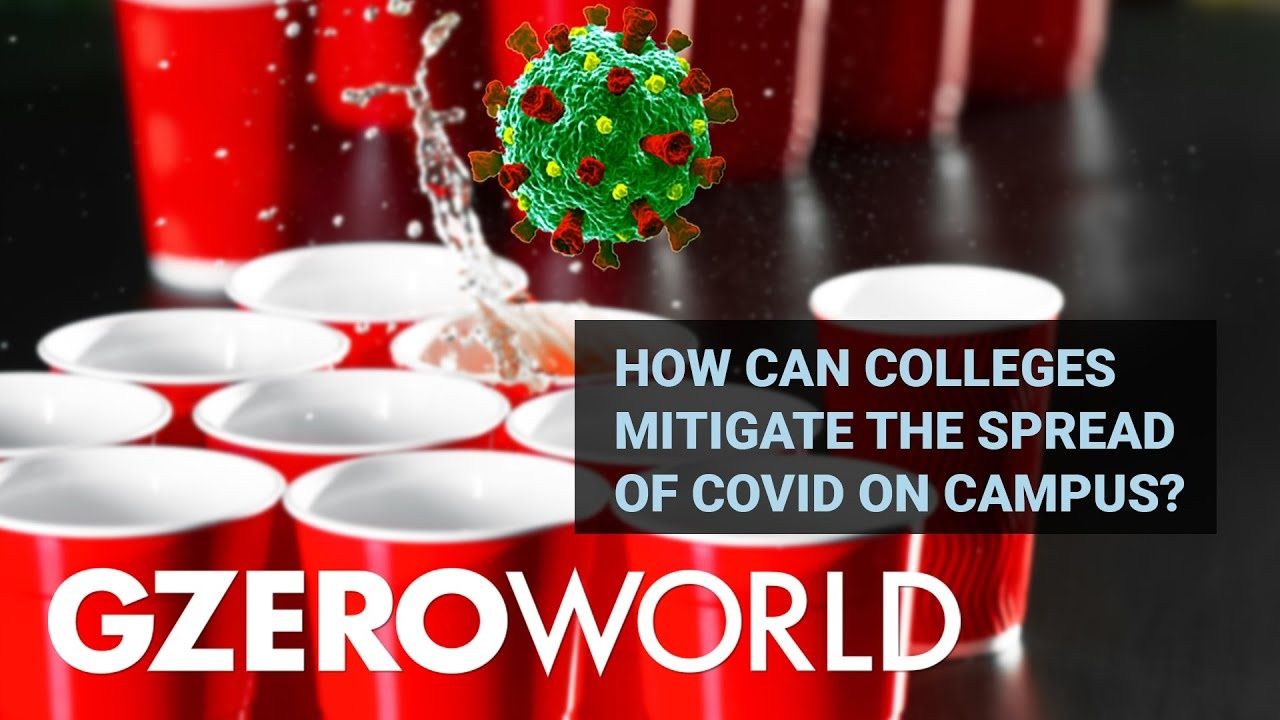"We all have to be in this together. We all have to be looking out for one another. And that goes for every member of our community, including our students." Stanford University President Marc Tessier-Lavigne believes that the only way to keep COVID from spreading on college campuses is for students to take the lead. Even still, with campuses from UNC-Chapel Hill to Wisconsin already shutting down in-person campuses, Tessier-Lavigne has already made the decision to keep undergraduates away from Palo Alto this fall.
The episode begins airing Friday, September 11, on U.S. public television channels. Check local listings.
More For You
The Supreme Court has struck down President Trump’s use of the national emergency clause to impose sweeping tariffs around the world. In this Quick Take, Ian Bremmer explains why this ruling was predictable and why it’s a major setback for Trump’s trade strategy.
Most Popular
Think you know what's going on around the world? Here's your chance to prove it.
2.5 million: The population of Gabon who can no longer get onto certain social media platforms, like YouTube and TikTok, after the government suspended access on Tuesday.
